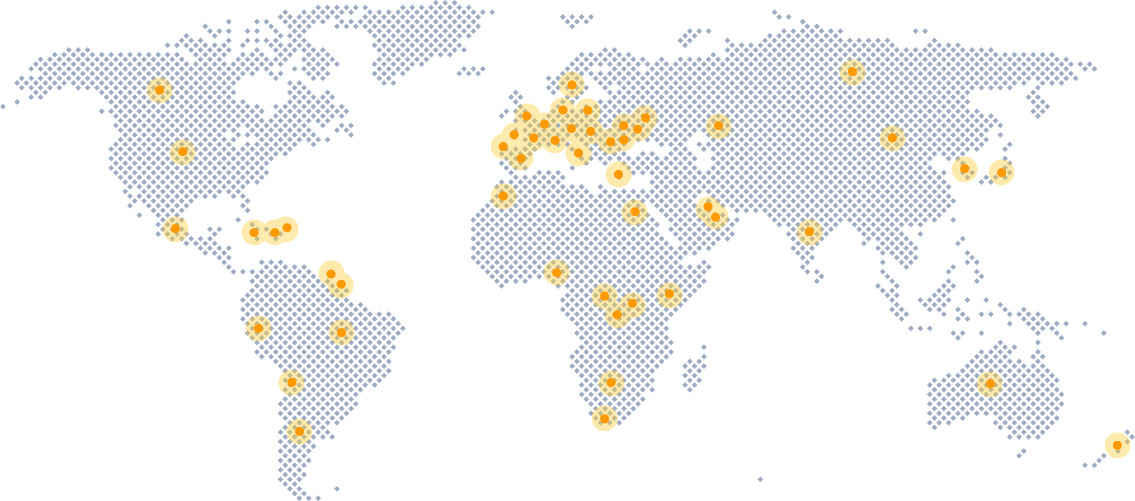As recognized leaders in our field, we believe it’s important that athletes and other sports stakeholders have the tools they need to protect their legal rights. In these FAQs, we answer some of the most common questions about disputes involving anti-doping violations, breach of contract claims, eligibility concerns, misconduct allegations, and more.
- Page 1
-
What steps should I take immediately after an Adverse Analytical Finding?
-
As an NCAA athlete, can I train with my team while I am ineligible?
-
What happens when athletes are accused of evading, refusing or otherwise failing to submit to a doping control test?
-
How long does WADA store athletes’ samples?
-
How does an Athlete Biological or "Blood" Passport detect anti-doping rule violations?
-
What is B sample testing for anti-doping violations?
-
Why do female football players need to know about FIFA’s maternity leave rules?
-
Is it important for an English-speaking sports lawyer to represent me in my appeal before the Court of Arbitration for Sport?
-
Do I need a TUE for my ADHD medication?
-
How could my personal deal go against team, school, or governing body sponsorships?
-
Am I allowed to wage a political protest during the Olympic Games?
-
What kind of appeals are heard by the Court of Arbitration for Sport, and why is the world's highest sports court based in Lausanne, Switzerland?

